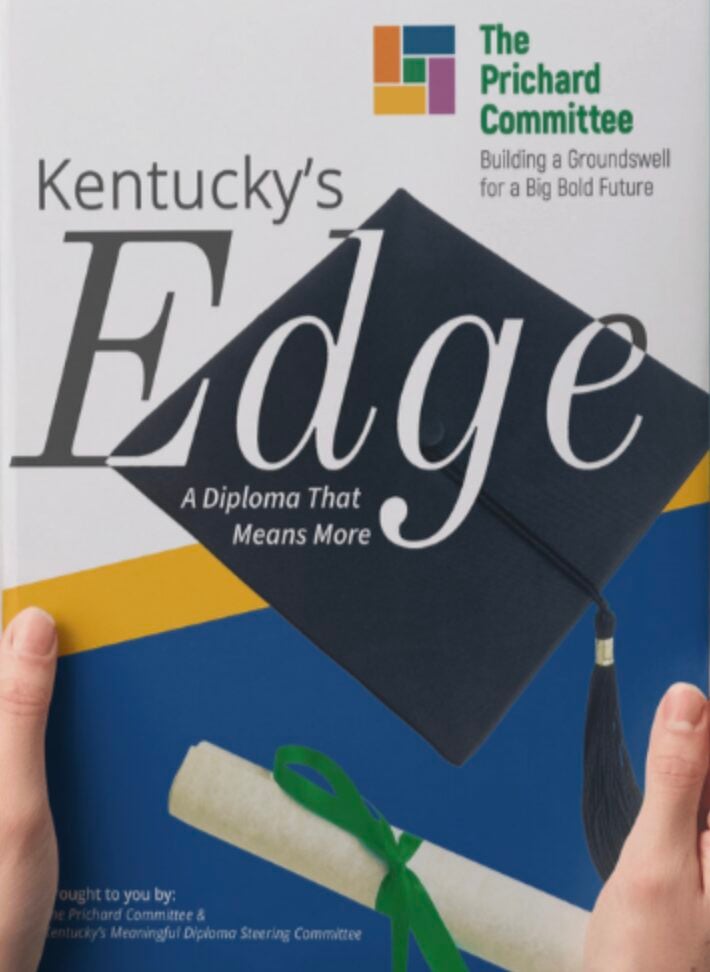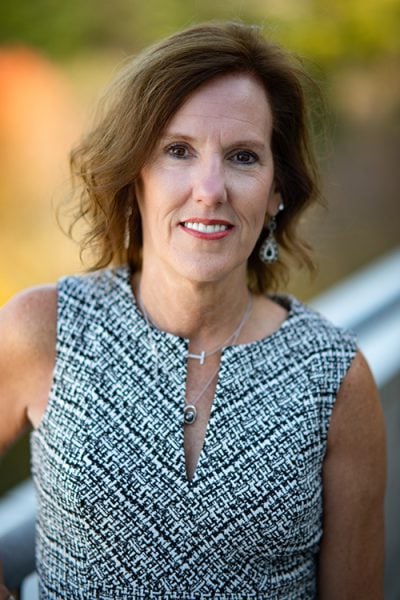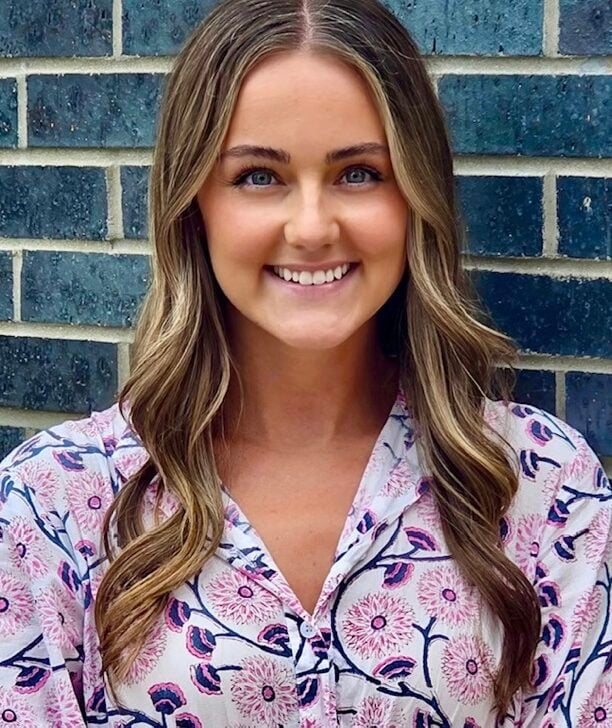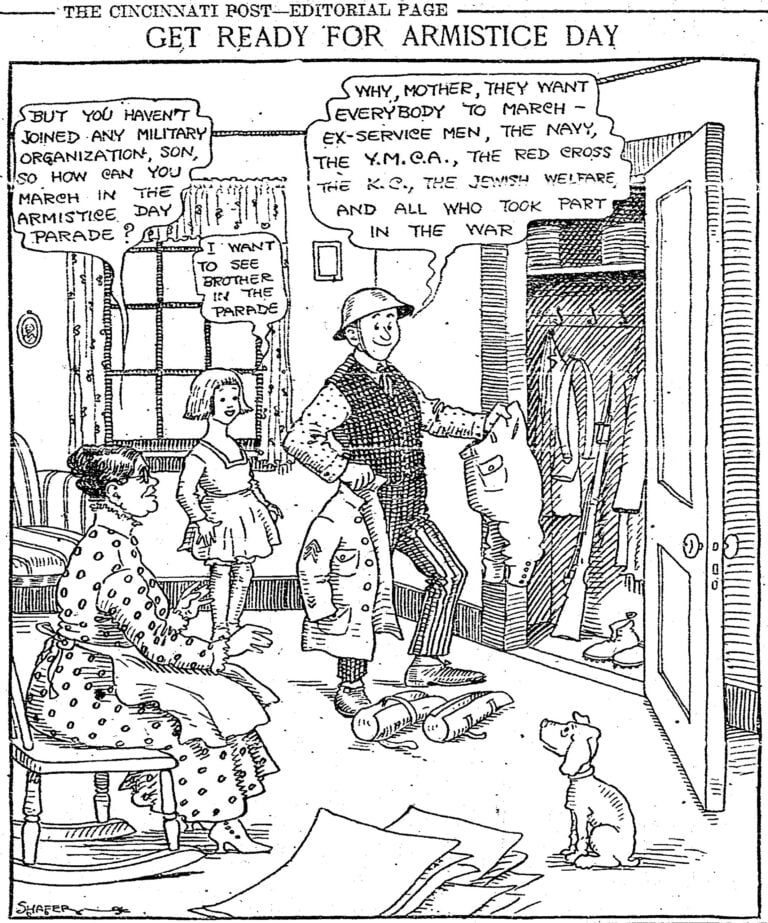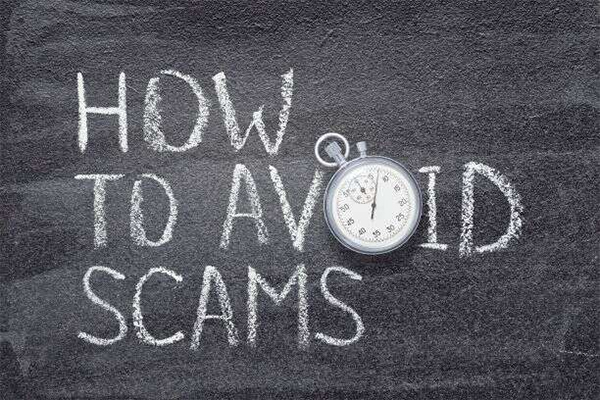By Howard Whiteman
Murray State University
“Ricky told me that some scientists fudged data, and that CWD isn’t as widespread as we thought” were the words, more or less, that came from my neighbor a few weeks ago. It smelled like a conspiracy theory to me, so I went home and Googled it. To my utter surprise, it was not.
Here is the crux of the story: a wildlife biologist working for the Tennessee Wildlife Resources Agency (TWRA) has alleged that members of the TWRA were knowingly using faulty data. TWRA ran tests which confirmed his suspicions: four “positive” cases were in fact negative after using the second test. Rather than following its own protocols and admit their mistake, they decided to change their rules and, functionally, cover it up. When he called them out by writing a memo to the TWRA’s Wildlife Commission, the agency’s oversight board, TWRA allegedly raided his house, took his computer and cell phone, put him on leave, and eventually fired him. He has filed a civil suit in response, and become an official “whistleblower.”

This was not just your everyday employee. This was the head of the TWRA deer management program, who also chaired the agency’s CWD (Chronic Wasting Disease) Deer Management Team. He knew exactly what had gone wrong. Instead of 16 counties being positive for CWD, the biologist says there are only two.
So, Ricky was partially correct. There was fudged data, and CWD may not be as prevalent in Tennessee as we had once thought. TWRA had relied on a preliminary test, which may produce “false positives”: tests that look positive, but may not be. When a positive result with the first test is produced, a second, definitive (and more expensive) test is conducted. Most state agencies do something similar. But someone at TWRA apparently decided that the second test wasn’t worth doing anymore. Perhaps the lawsuit will uncover why.
However, it wasn’t scientists that made this mistake. It was their bosses. In fact, it seems the wildlife biologist in question put his career on the line to make sure that the science — which was clear-cut — was not ignored. That courage is the epitome of an ethical scientist.
You’ve heard about other conspiracy stories in science for years—some dealing with climate change, some with the pandemic, but all with little basis in fact. Scientists do make mistakes, but we adhere to strict ethics and norms, and we hold each other accountable through peer review at regional and national meetings as well as during the publication process. These efforts ensure that when scientists say something, it means something: the truth based on science.
This is not the first scientist who may have been targeted by those in power for presenting his or her results. It’s a long list: Galileo Galilei, Charles Darwin, Rachel Carson, James Hansen, Tyrone Hayes, Anthony Fauci, and many others. All of them were trying to understand the world around us, and in some cases trying to use their science to make the planet a better place for their fellow humans. But not everyone appreciates good science, particularly when it goes against a worldview, belief, or business opportunity.
Unfortunately, in this case the faulty data really created a panic. In Henry and Weatley Counties, one—just one—positive case of CWD hit the community like a sledgehammer. Suddenly some people didn’t want to hunt anymore, and everyone was worried about diseased deer.
Kentucky, which is currently CWD-free, was put on high alert when Henry County went positive, since it was the first border county to do so, and spent an immense amount of time and money sampling deer to better understand what was happening. They’ve even created special regulations in Western Kentucky, specifically because of the proximity of these “positive” tests.
Kentucky should be filing a lawsuit as well, because that one positive case in Henry County may not mean anything, given that TWRA didn’t follow up with the second test. We know that when they did do the follow up with other samples, the data changed; but they only did four additional tests. We have yet to see an updated map using new data, perhaps because of the pending litigation, perhaps because they still don’t want to pay for the second test, or perhaps because they are not yet ready to admit their mistake.
Scientists do their best to provide the best data possible to understand questions that we have about our world. Their bosses don’t always see it the same way, and politicians and the companies that help fund them can similarly twist scientific findings in ways that benefits their worldview, political goals, or stock prices. The science that we already know — like alternative energy sources, new medical techniques, and ways to restore our natural environment — is only useful if it is understood and embraced, rather than attacked.
We should always question science, because that is what scientists do; we question each other. That is part of the scientific process. But we should also trust science, whether it fits our worldview or not. In this case as in many others, the science was sound, and it was the failings of others that were not following the science that created an unnecessary panic, and the current confusion about CWD. One can only hope that TWRA, other state and federal agencies, and each and every one of us learn something from this mistake.
Dr. Howard Whiteman is the Commonwealth Endowed Chair of Environmental Studies and a professor in the Department of Biological Sciences at Murray State University. He is also director of the Watershed Studies Institute.















